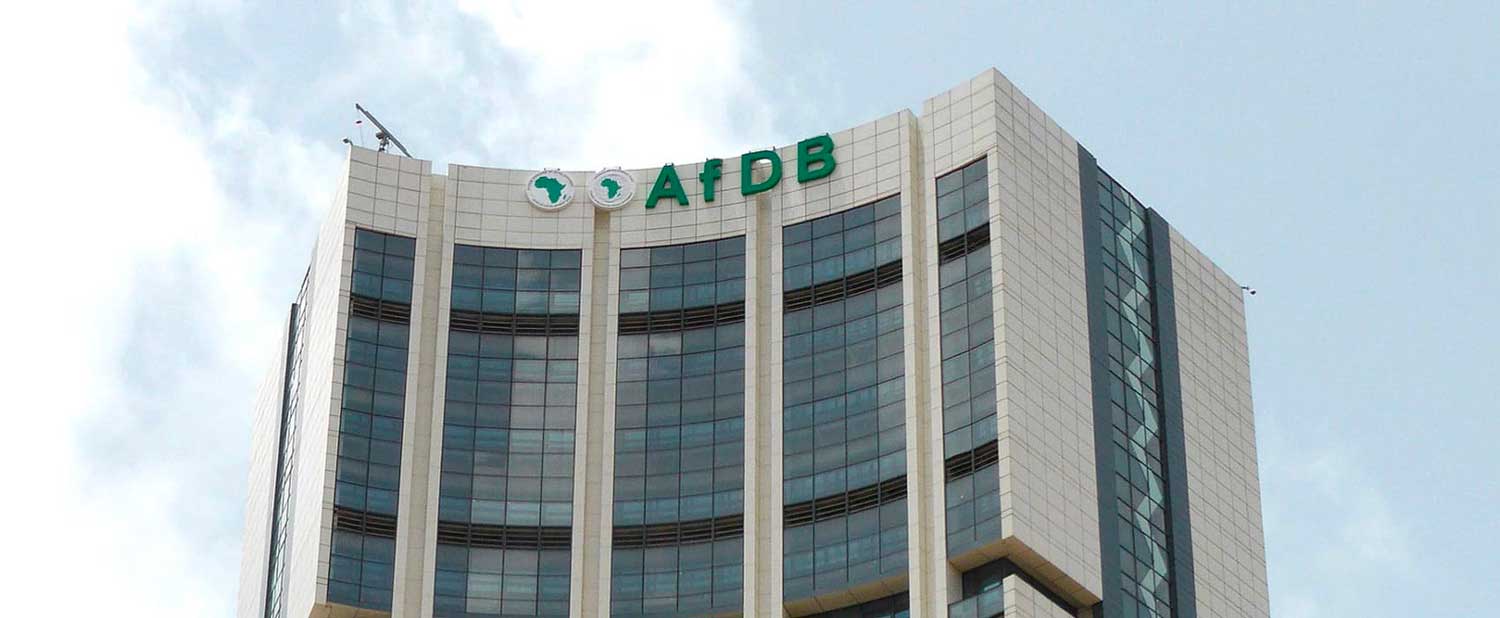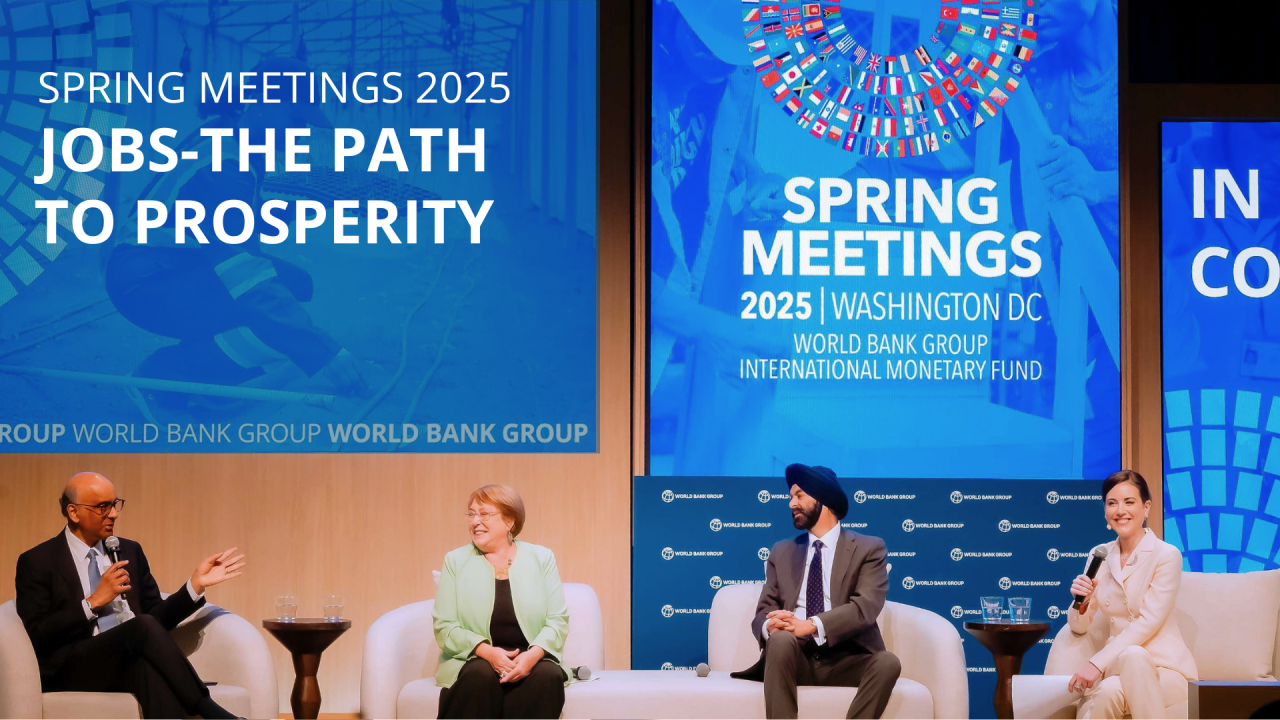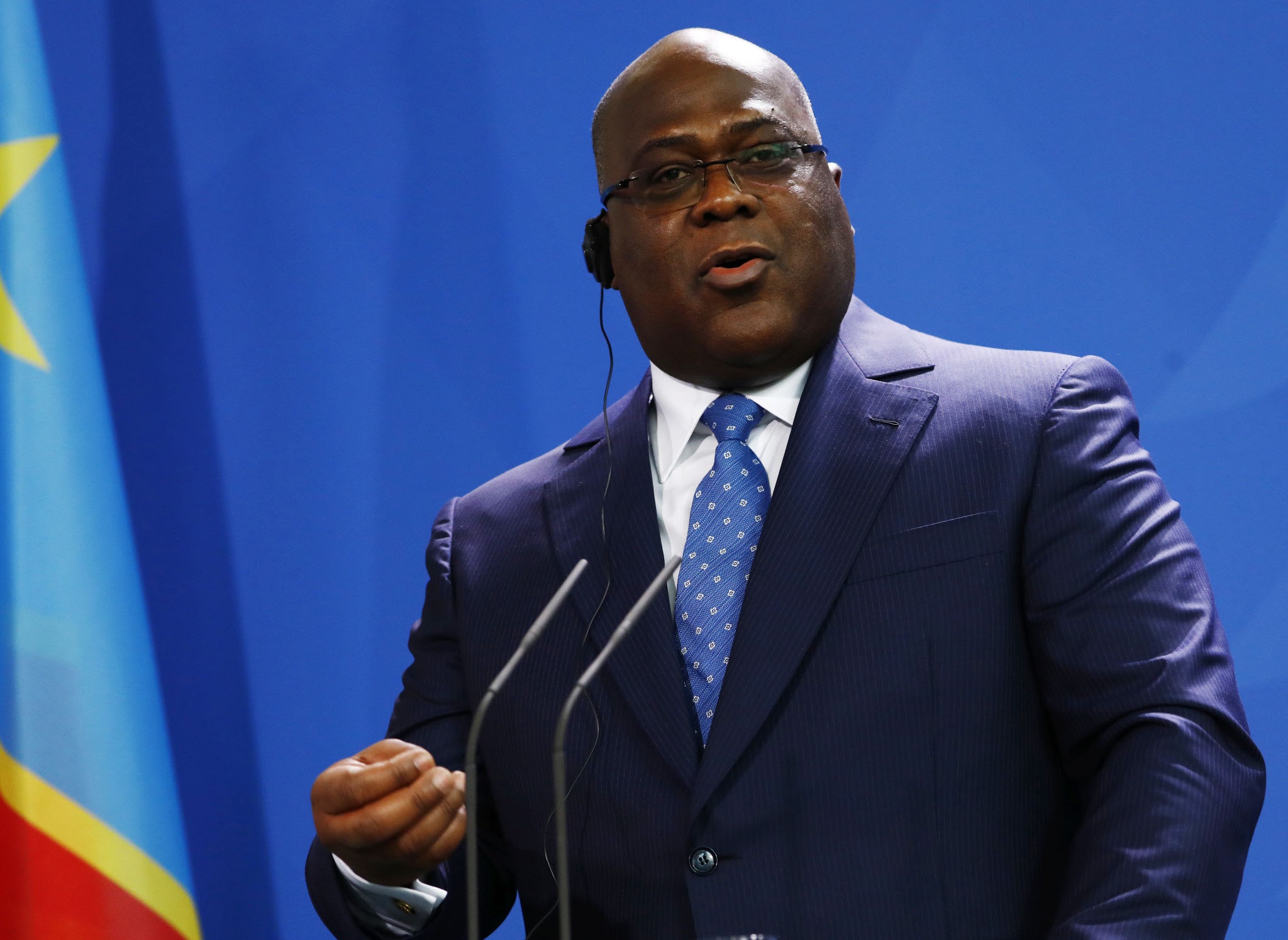FMO-Backed Tagaddod Redefines Renewable Finance in Frontier Markets
Egypt’s Tagaddod raised USD 26.3M from (AMS: FMO) and TAEF to scale used cooking oil exports amid 33% inflation and 18.2% yields (EGYP10Y). The deal marks Africa’s shift from climate aid to climate yield—turning waste into investable green alpha.

Tagaddod’s USD 26.3 million Series A raise, led by the Arab Africa Sustainable Investment Company (TAEF) with participation from the Dutch Development Bank (AMS: FMO) and Venture Souq’s VKAV fund, marks a defining moment for Africa’s renewable biofuel sector. The Egyptian waste-to-energy startup is moving beyond early circular-economy experimentation into scalable, export-grade biofuel production — positioning itself at the crossroads of climate finance, logistics modernization, and global energy transition.
The round, announced in October 2025, gives Tagaddod the financial headroom to double its used cooking oil (UCO) collection and processing capacity to nearly 100,000 metric tons by 2026. Analysts estimate the deal implies a post-money valuation around USD 100 million, benchmarking it against comparable renewable feedstock producers in Southeast Asia. While the company hasn’t disclosed specific financials, its expansion targets are consistent with Egypt’s national biofuel strategy and export incentives under the EU Green Deal Industrial Plan.
Globally, the transaction lands in a tight capital environment for early-stage renewables. Funding for climate-tech startups in emerging markets fell nearly 20 percent year-on-year in 2025, according to BloombergNEF, making Tagaddod’s raise a sign of resilience rather than trend momentum. Comparable companies like Clean Energy Fuels (NASDAQ: CLNE) and EcoCeres (HKG: 1375) operate at higher margins but face feedstock bottlenecks that Tagaddod’s decentralized collection model directly mitigates. The company collects UCO from more than 20,000 households and restaurants across Egypt, converting local waste streams into internationally tradable low-carbon fuel inputs.
Tagaddod’s model aligns with tightening global sustainability mandates. With the EU’s Renewable Energy Directive (RED III) requiring a 70 percent reduction in aviation fuel emissions by 2030, and the EEX SAF credit futures (not yet publicly listed) trading near EUR 1,250 per ton of equivalent abatement value, certified feedstock supply has become a premium asset class. In this context, Africa’s underdeveloped bio-waste sector is not a laggard but an arbitrage opportunity — a way for investors to secure green alpha through climate yield differentials rather than speculative carbon pricing.
Egypt’s macro backdrop amplifies the relevance. The Egyptian pound (USD/EGP ≈ 49.6) remains under depreciation pressure amid 33 percent inflation, while foreign reserves hover near USD 36 billion. Renewable exports, denominated in hard currency, offer a structural offset to these imbalances. Each ton of certified UCO exported to Europe generates USD inflows that hedge against FX shortages — a rare form of organic external financing in a high-rate global system. Egypt’s government aims to grow annual biofuel exports fivefold by 2027, leveraging private-sector partnerships like Tagaddod’s as demonstration models.
The round also reflects the maturation of Africa’s ESG financing pipeline. Development finance institutions like FMO, the International Finance Corporation, and Proparco have shifted from grant-backed pilots to equity co-investments with regional funds. These investors now prioritize cash flow–generating, asset-heavy models over app-based fintechs, recognizing that infrastructure-linked climate ventures offer defensible returns. Tagaddod’s business model monetizes environmental waste into tradable climate assets — transforming a public-good challenge into a yield-bearing financial product.
However, risk remains. Egypt’s 10-year Treasury yield (EGYP10Y ≈ 18.2 percent) and the global high-rate environment raise the cost of expansion finance by 600–800 basis points compared with European peers. The company’s estimated debt-to-equity ratio of 1.8× leaves little room for monetary tightening or FX shocks. A 10 percent depreciation in the pound could raise debt-service costs by roughly one percentage point of revenue, underscoring the importance of blended finance structures with concessional tranches.
Comparatively, Africa’s biofuel industry is still nascent. Kenya’s Safi Organics, South Africa’s Bio2Watt, and Nigeria’s Wecyclers have attracted far smaller rounds—none exceeding USD 10 million—illustrating the rarity of Tagaddod’s scale. The company’s regional expansion into Kenya and Ghana, coupled with its planned export partnerships with Neste (HEL: NESTE) and TotalEnergies (EPA: TTE), could make it Africa’s first integrated biofuel logistics network capable of meeting international certification standards.
For global markets, this is more than an African startup story. It signals that energy-transition capital is finally trickling beyond OECD borders into operationally credible frontier ventures. As ESG-focused ETFs like iShares ESG Aware MSCI EM (NASDAQ: ESGE) add exposure to renewable infrastructure, African climate-yield assets may soon be priced less as philanthropy and more as alpha.
The lesson is strategic: the future of global biofuel scalability lies not only in European technology or U.S. policy incentives, but in the integration of frontier ecosystems that turn inefficiency into investable supply. Tagaddod’s raise proves that in climate finance, emerging markets no longer need to be subsidized—they can be securitized.





